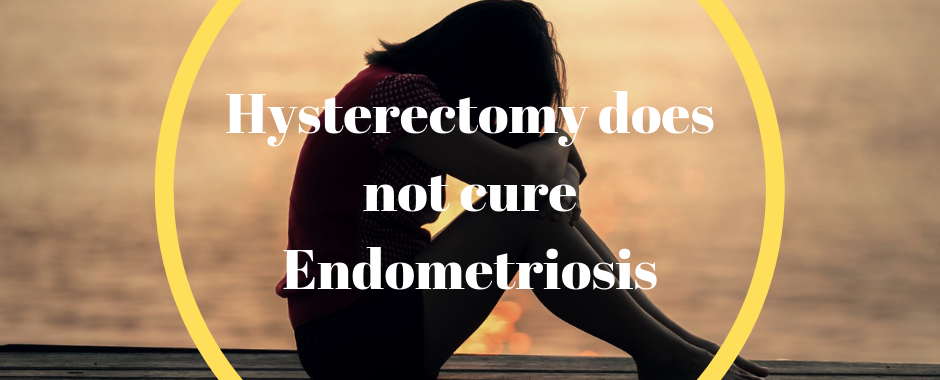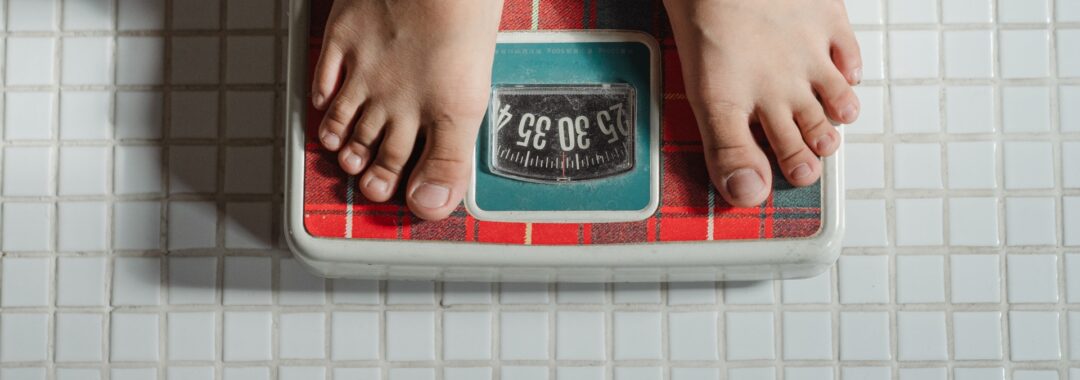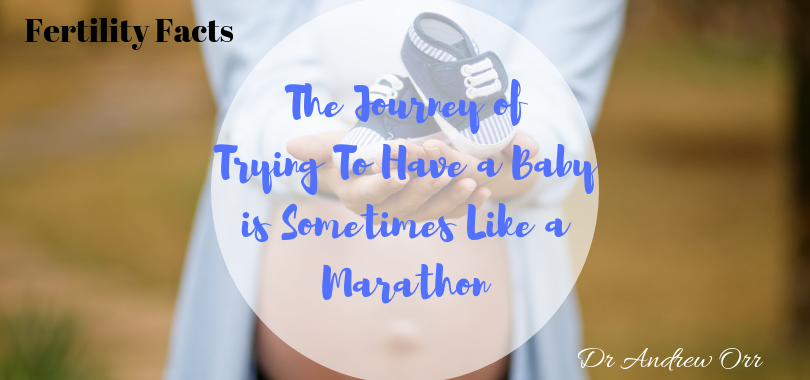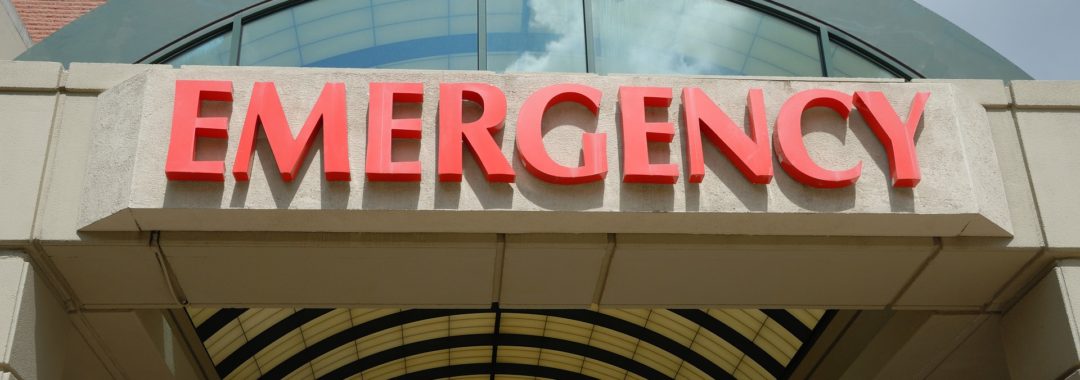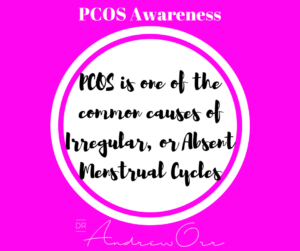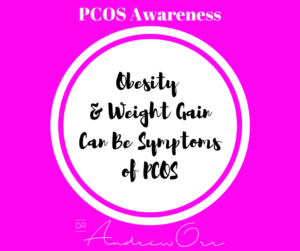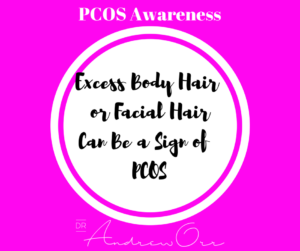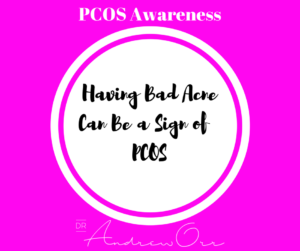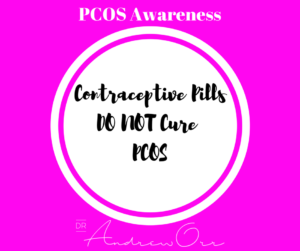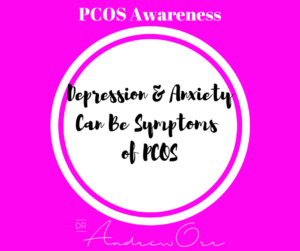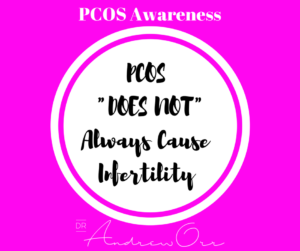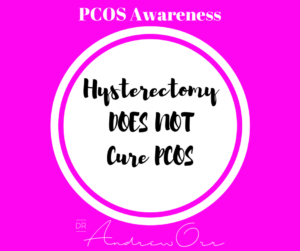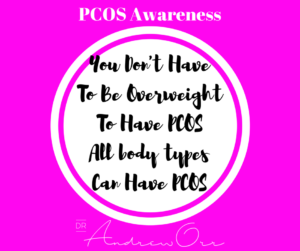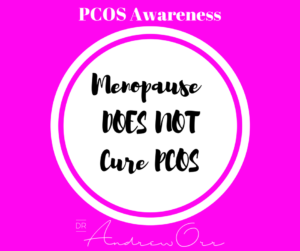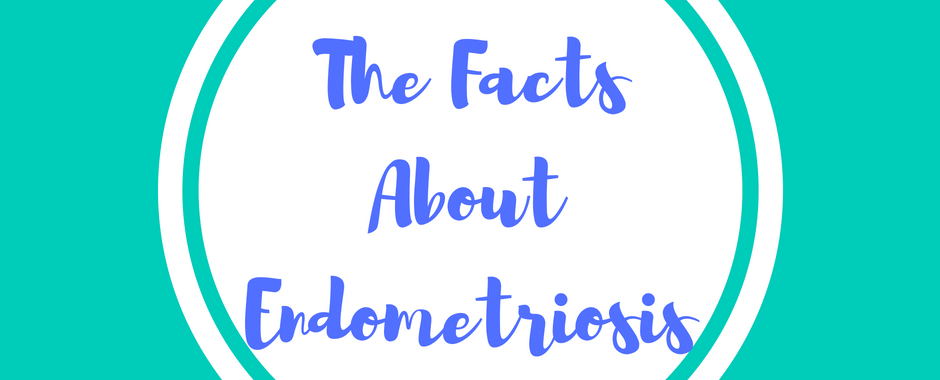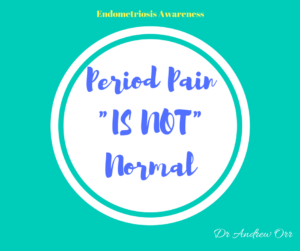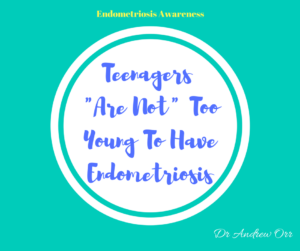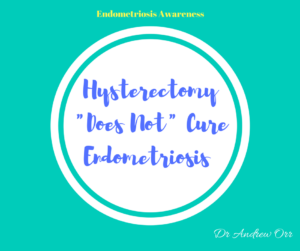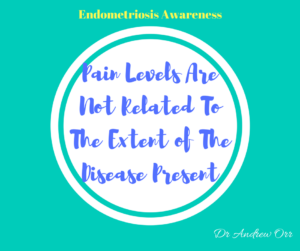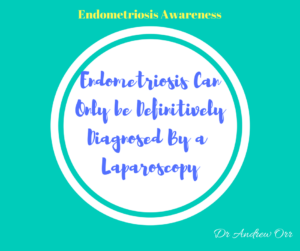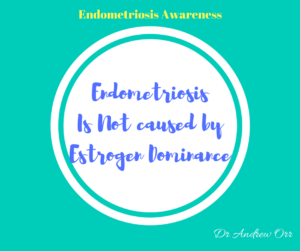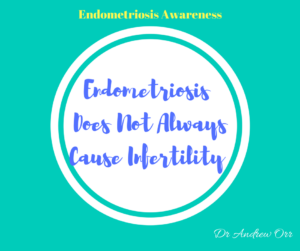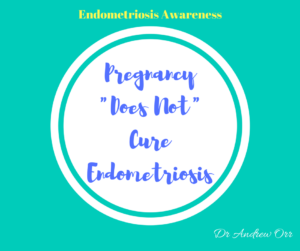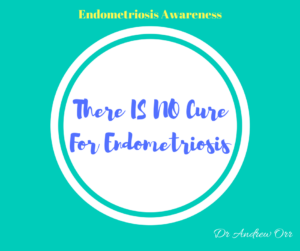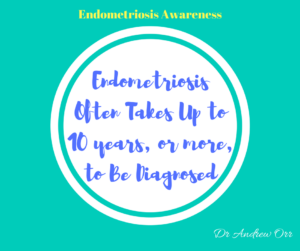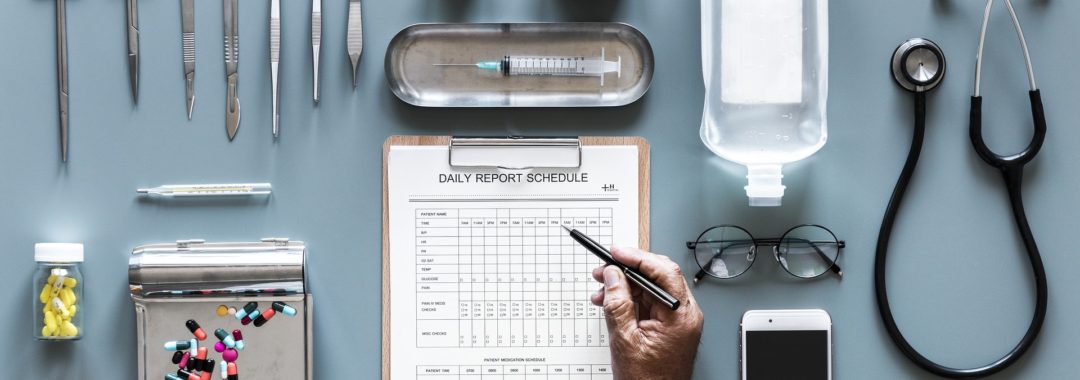Many gynaecological issues such as endometriosis and PCOS often take years to be definitively diagnosed and women have to suffer the consequences of their disease state through being missed and dismissed along the way.
Then after many years of suffering, they finally get the diagnosis they have been looking for, but then many are not told what to do next, to manage their disease state moving forward.
From a state of relief then comes a state of despair, as the diagnosis is made and realisation that disease state you are living with isn’t really being helped and managed as well as it could be. So now what?
So now what?
As someone who has had to live with a chronic disease state daily and spent many years trying to find the right help and be diagnosed properly, I know all too well what many face daily. Many days it just feels like you are knocking your head against a brick wall and nobody wants to help, or listen to what you are telling them.
This is why it is important to take things into your own hands and keep searching until you find the right help. That is why I now do what I do and my motto is “No Stone Left Unturned”.
Never try to manage your disease by yourself
When I say take things into your own hands, I don’t mean try and manage things yourself. Trying to manage oneself just does not work and it can created a never ending vicious cycle of thinking nothing works, or nothing will help. The truth is, everyone with a chronic disease state, needs proper professional help to be managed properly.
The sad but real truth is that we do know that despite the best medical interventions and treatments that many women will continue to suffer the consequences of their disease state.
We know that disease states like endometriosis have no cure and despite the best surgical intervention, hormonal therapies, pain medications etc, that the disease state can continue to grow and cause debilitating symptoms, both physically and emotionally.
Just remember that while surgical intervention, such as a laparoscopy is a definitive diagnostic for diseases such as endometriosis, it can also be used to excise the active disease and by a part of pain management too.
But….while surgical interventions, hormone therapies and pain medications can offer women some reprieve in their disease state, are they enough?
Sadly the answer is “no!”
The vicious repeat cycle
Unfortunately, this is where many get caught in the vicious repeat cycle of further surgical intervention, the need for new hormonal therapies and a dependency on pain medications.
There are also the side effects of some of the medications and treatments and also the effects on future fertility. Treatments also tend to be about treating the masses, rather than the individual. We know that while women may suffer the same disease state and similar symptoms, all will have differing symptoms as individuals as well. This is why blanket approach does not work and why an individualised, multimodality/team approach is needed.
Most medical treatments treat the symptoms, not the disease
The trouble with the current treatments for many gynaecological issues such as endometriosis and PCOS, is that they are suppressive rather than being curative. These treatments also tend to mask the disease and also only provide temporary relief of symptoms during the period of treatment.
On discontinuation of treatment the reoccurrence of symptoms is generally to be expected. For example, after medical treatment and surgical intervention, the reoccurrence rate of endometriosis is said to be around 25% after 2 years and around 50% or more at 5 years.
So what is the answer?
For any disease state to be treated and managed properly it needs to follow these treatment principles.
- Treatments needs to be individualised and not about treating the masses
- Treatments and management needs to be multimodality and may require a team like approach
- Treatments need to be curative, rather than being suppressive
- Treatments need to treat pain and associated symptoms
- Treatments need to have an acceptable side effect profile
- Long-term treatments need to be safe and affordable
- Treatments need to treat and assist fertility and not interfere with ovulation and implantation
- Treatments need to inhibit the current disease state and inhibit the current formation of lesions and cysts and future growths and cystic formations as well.
- Treatments are efficient in treating all parts of the disease and all types of the disease, either superficial, or deep infiltrating, or related to the current disease state.
Do treatments like this exist?
Well, the answer is ‘yes!’… and ‘no!’
There is no curative medical treatment for endometriosis, but there are treatments that can assist in helping women with their disease state and to become symptom free, or at least live a fairly normal life.
There are treatments that can assist PCOS and actually assist in the reversal of some of the symptoms that are associated with the disease.
The one thing I explain to my patients is that they need to be real about their disease state and they also need to look at their expectations versus reality.
The longer one has had a disease state for, or health issue for, the longer it is going to take to manage.
There is no Magic Pill
Then I always talk about the magic pill. I think many people are waiting for “the magic pill”, which does not exist, and then get caught up in the vicious cycle of “Nothing works” and then spiral over and over again.
I wish there was a magic pill to take to solve everyone’s disease state, but there isn’t and this is something that all concerned need to come to terms with. I know I have been there, so I understand where people minds go to.
When you are in pain, or living with disease state, it is all too easy to blame everything and become very cynical and negative, which in turn does not help the disease state either.
Getting caught in the one way approach
This is why when it comes to dealing with any disease state, we need to help the individual emotionally as well, so that they can learn to be focussed, be clear and also learn to cope with their symptoms better. Stress and emotional issues do exacerbate pain pathways and this is something that many overlook. This is why the body mind aspect is something that I look at with all my patients.
The problem is that many just get caught up in the one dimensional medical treatments of surgery and taking a pill approach, when in fact they need so much more.
Again, this is not discrediting that surgery and medications are a much needed part of treatment for many, especially those with endometriosis, or severe PCOS etc. Many will not be able to function daily without surgical intervention, or pain killers, etc.
But, as mentioned before, while they are necessary, they are not enough and women need to be looking outside the box and looking for a more individualised, multi-modality, team like approaches, if they truly want to get the help they are needing and to be clinically managed properly.
So where do you find these treatments and people who can help?
The million dollar question?
Well, that is the million dollar question that everyone is looking for and probably the hardest thing to answer. In every profession and every industry there is good and bad and not everyone specialises in the disease state you are wanting help with. This is the biggest hurdle many will face.
The sad but honest truth is that many people are seeing someone that doesn’t have the skills to deal with their disease state and is actually a big part of them not being able to move forward with proper treatment.
This isn’t just related to the medical profession either. It is the same in allied health, complementary medicine and other areas of health.
Finding the right team
This is why it is so important to find the right person, or the right team to help you. People that have the right skills, the years of experience, the specialisation in the area you are needing help with and also willing to work in with others to help you be managed and treated properly.
If the healthcare practitioner you are seeing isn’t helping you, then you need to change. Don’t just sit there complaining about it. Don’t go back to them and just go and find someone who will help you. It might just change your life. Remember that if you do not change anything, nothing changes.
Being part of your healthcare management
Just to be clear on this though, make sure you have actually taken on board the changes and treatment that has been prescribed to you. If you don’t do the prescribed treatments and follow the prescribed management plan, then you cannot blame the person you are seeing for not getting better. As I always say to my patients, a big part of them getting better is them actually following the advice, taking the prescribed medicines etc and making the necessary changes.
Having to live with a chronic disease state daily, I know the issues people face, on both a physical and emotional level. I know how hard it is to find the right people and get the right help and having to sift through the BS people tell you, when in fact many of these really have no idea. I really get how hard it is and I also hear how people are being missed and dismissed daily and it annoys the hell out of me.
A multimodality approach is needed
This is why as a healthcare practitioner, I use an individualised, multi-modality approach to healthcare. I help people with as much of my own skills and multimodality treatments and then I am also their guide, their coach and their voice, if they need to be referred to others.
I always only work within my close network of healthcare professionals and only refer to those whom I can trust and whom I know have the skills to assist my treatments and to help my patients. I always joke with my patients that I am here to keep the others honest and also be their guide every step of the way.
For those that are living in chronic disease state, I do feel for you, as I know how hard it is when you have to deal with a chronic disease daily. The one thing I did learn though, is that you have to fight and you need to take your health into your own hands. By that I mean that you need to find the right people to help you. Do not try to manage your disease on your own. Find someone who will be your voice for you. I know this is what I do for my patients. This is what you need to find also.
For something to change, you need to change something
If something isn’t working for you, or your symptoms aren’t getting better, then this means you need to change something. Don’t just keep doing what you have been doing and expect it to change.
Don’t get caught up in the blame game, or get caught up in the label, as this doesn’t help you either. It just creates more stress and negativity. The best way to help your condition is to help yourself and get your mind and body strong again.
One step and one day at a time
You also need to realise that nothing is going to fix overnight and there is no such thing as a magic pill. You need to take one day at a time and do things one step at a time, no matter how hard things seem. You need to put one foot in front of the other and just keep doing that. Yes, you will have bad days, but as long as you are progressive and being monitored and managed properly and you are progressing forward, no matter how slow you may think you are going, then this is a good thing.
It is like running a marathon
I often say that when one is faced with the challenges of having to deal with a chronic disease, or chronic health issue, that it is like running a marathon. You can’t not put in the training and all of a sudden wake up one day, without any training, and expect to run a marathon and complete it.
To run a marathon you need to put in the work. You need to train. You need a coach to motivate you and help you with your training. You need to put good food in. You need to put supplements and additional nutrients in. You need to get your mind right and be motivated.
To do that you need a mind coach, or a psychologist, or counsellor, or mindfulness coach. What will get you over the line in the end is “You” and the work “You” have done and the advice “You” have followed and the lifestyle and dietary changes and the body conditioning. It is about everything “You” have done in combination coming together to help you overcome the marathon of your disease state.
Nobody is going to do this for you and this is probably one of the hardest things I had to learn on my own health journey. You can either stay where you are, and live in the state you are living in, or you can get up and take control of your own health.
It isn’t going to be easy, but it can be done. It just means taking that step to get the right help and if necessary, ask for help to find the right people to help you as well.
Find someone who will support you and care for you
I help people do this everyday. I see people do this everyday. It is also about finding the right people to help you and support you along the way. This is what I now do for my own patients and if you do need help, and cannot find the right people to help you. I can always assist you in the marathon of your own disease as well. I do online consults, or consults in person as well.
My caring and friendly staff will explain all that to you when you make an enquiry.
Take care
Regards
Andrew Orr
-No Stone Left Unturned
-Women’s and Men’s Health Advocate
